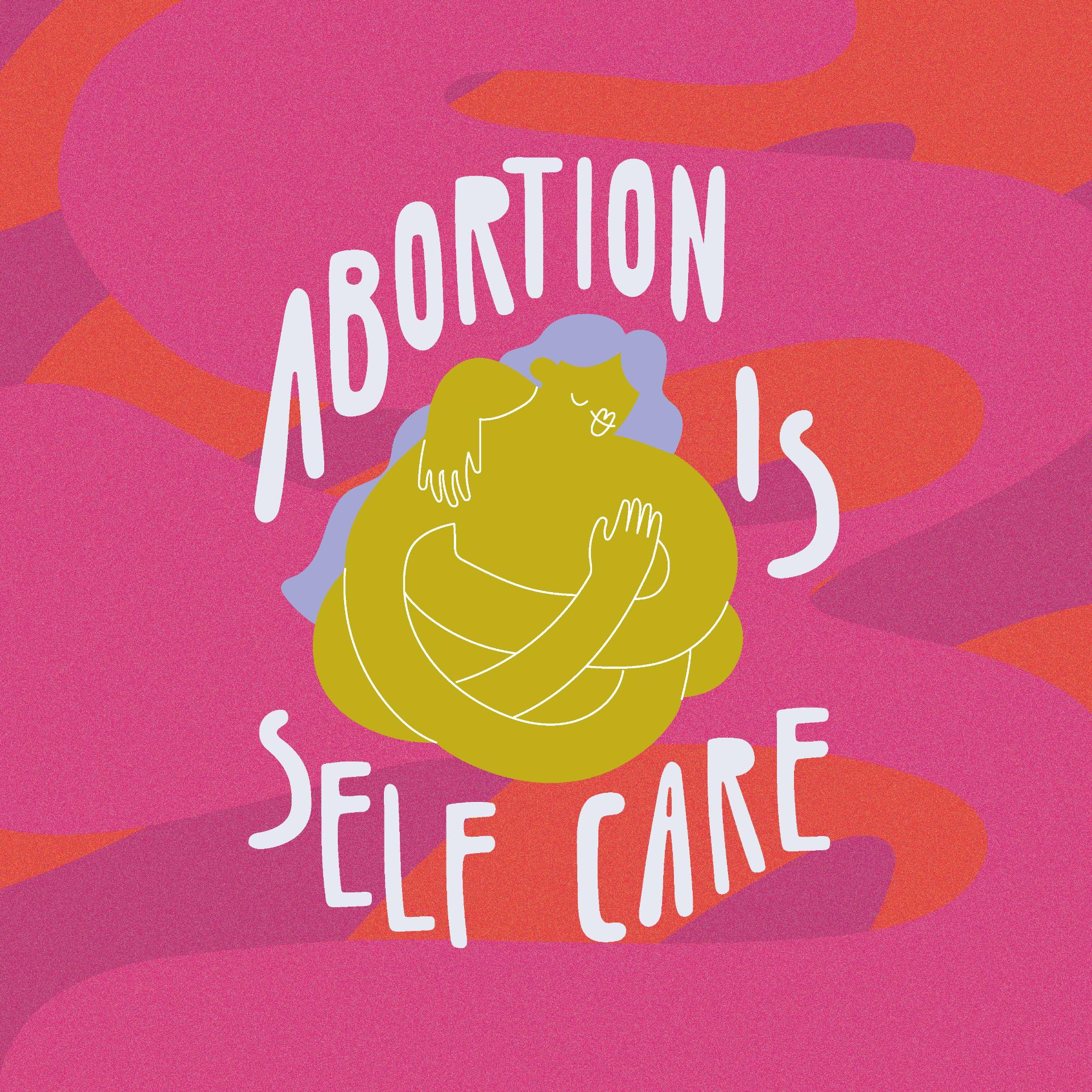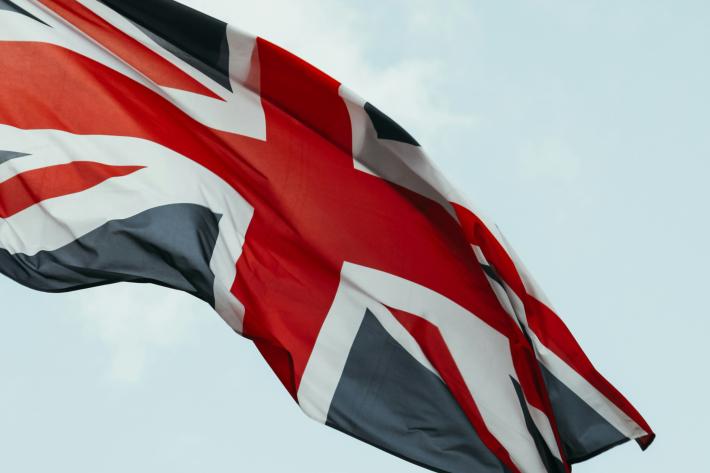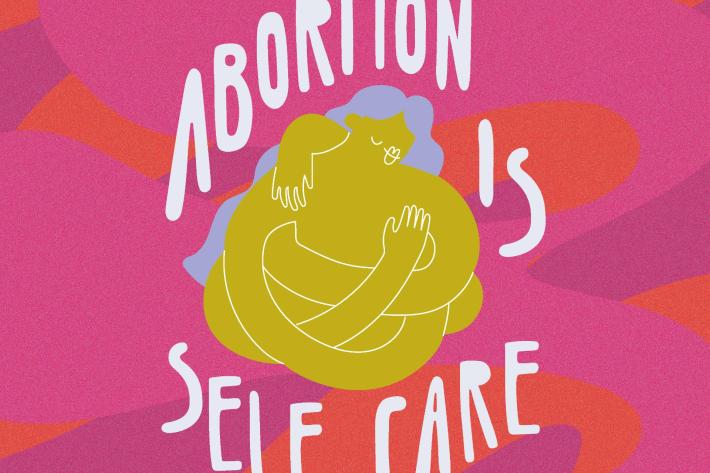
Spotlight
A selection of news from across the Federation

European Commission's new Women's Rights Roadmap includes SRHR—Now we need action
On 7 March, the EC released a new political declaration committing to uphold and advance women's rights. We welcome the inclusion of SRHR and other key topics. Now impactful actions are needed.
Filter our news by:


| 05 December 2024
Norway Passes Landmark Abortion Law, Expanding Rights Amid Calls for Greater Access
On 3 December, Norway took a major step closer to reproductive freedom when its Parliament adopted by a large majority a groundbreaking new law extending self-determined abortion rights from 12 weeks to 18. "This is significant progress for sexual and reproductive health and rights (SRHR) in Norway, and reflects the growing global trend toward liberalizing abortion access. Over the past 30 years, more than 60 countries have expanded abortion rights, and this move demonstrates Norway’s commitment to reproductive autonomy and gender equality.” said Kjersti Augland, assistant general manager with Sex og Politikk, IPPF’s Member Association in Norway. “The fact that the new law in Norway uses inclusive, gender-neutral language needs to be highlighted and celebrated. It will ensure that all pregnant people—regardless of gender—can access abortion care, recognizing diverse identities and experiences,” said Micah Grzywnowicz, the Regional Director of IPPF European Network. The new law will assess the accessibility of abortion care within the primary health care system, since until now, abortions have only been accessible at regional hospitals. Sex og Politikk will follow implementation closely, holding the government accountable for ensuring equitable access, emphasizing that most abortions today are performed using medication, making it feasible for primary healthcare providers to provide this care. Advocates continue to call for abortion care to be accessible, compassionate, and tailored to people’s needs regardless of location. Regrettably, abortion review boards will still exist, creating unnecessary obstacles and delays for people needing care beyond 18 weeks, and forcing them to defend their right to access care. Sex og Politikk and its partners are committed to ensuring that future revisions of Norway’s abortion law address these concerns and further dismantle barriers to care. This moment represents not just a legislative milestone, but a call to continue advocating for full reproductive freedom in Norway. Photo by Maryan Ivasyk on Unsplash

| 03 October 2024
Poland: Acquittal of women's rights defenders a relief, but the trial was unjust
Three Polish feminists on trial for pro-abortion protests have been found not-guilty. Although positive news, this is not a complete win for activists around the world. Marta Lempart, Klementyna Suchanow and Agnieszka Czerederecka-Fabin - three leading women’s rights defenders from the Polish Women's Strike were facing eight years in prison in Poland for exercising their right to peaceful protest. At today’s trial they were found not guilty. Though the not guilty verdict is a relief, we can’t ignore the fact that this trial never should have happened in the first place. These women’s rights defenders were unfairly targeted because of their work, with the prosecution attempting to use the courts as a tool of intimidation. Defending reproductive rights is not a crime. It is deeply troubling that they were subjected to a sham trial that not only robbed them of time, energy and money, but also affected their mental well-being. Cases like this are designed to silence activists. They are a dangerous attack on fundamental human rights and democratic values. In future, we urge the Polish government, and all governments, to focus on protecting rights, not prosecuting those who defend them. Marta Lempart said "I'm looking forward to going back to work. Thank you for all the solidarity from the international community."

| 01 October 2024
Polish Women's Strike protests’ organizers on trial
Date: 3.10.2024 Time: 12.00 Courtroom: 224 Location: District Court in Warsaw, Solidarności 127 Press briefing after the verdict. The criminal case against Polish Women's Strike pro abortion protests’ (2020) leaders is finally coming to an end in the District Court in Warsaw, Poland. Marta Lempart, Agnieszka Czerederecka and Klementyna Suchanow are charged under Article 165 of the Penal Code (endangering the public by organizing protests) and Women's Strike leader Marta Lempart is additionally charged under Article 226 and Article 255 of the Penal Code. All three women face up to 8 years in prison. The announcement of the verdict will take place on October 3rd at noon in the District Court in Warsaw at 127 Solidarności Avenue (room: 224). This date is significant and symbolic for the entire movement that the Polish Women's Strike is. It was on October 3rd, 2016 that the Women's Strike organized the first mass protests in Poland in defense of abortion rights, which went down in history as Black Monday. At that time, women took to the streets of more than 160 cities and towns dressed in black in protest against the tightening of abortion law in Poland. On the 8th anniversary of the first Polish Women’s Strike protest (2016), activists will hear the verdict for their involvement in the 2020 100-days stress protests, brutally suppressed by the state police and secret services. It will be a verdict for their years of fighting in the streets, for the many days and nights spent protesting, in police cauldrons and in police detention. Judgment for their courage and determination, for their eyes burning with pain from the police gas, for their arms broken during the demonstrations, their spines physically damaged from the police batons. The judgment will therefore be symbolic not only for the anniversary of the Women's Strike, but above all for the fight for women's rights in contemporary Poland. The verdict will show which way we are heading - towards the shameful direction of maternity wards where women are dying, or towards the civilized part of Europe. Marta Lempart: Please be with us on that day. It is important that not only we, but also others who are still being dragged through the courts, know that they are not walking alone. Whatever happens this October 3rd or afterwards. See you there! Media contact: +48 577 099 077 Marta Lempart [email protected]

| 27 August 2024
New Law in Norway Highlights Inequities in Abortion Access
The Norwegian government has proposed a new bill extending self-determined abortion rights from 12 weeks up to the 18th week. If the bill is passed by the Norwegian Parliament, it will mark a significant victory for sexual rights in Norway. However, this right will not be equally accessible across the country. Sex og Politikk, the Norwegian Member Association of IPPF, asserts that viability should not be a political decision and that respect for human life cannot be legislated. Sex og Politikk has been actively engaged in discussions on the new abortion law since the Government established a committee in 2022 to look into the country’s almost 50 year old abortion legislation. The organization has participated in a separate committee of feminist NGOs, closely following the development of the law and contributing to the debate. This month, Health and Care Minister Jan Christian Vestre and the government introduced proposals for a new abortion law. While welcoming this milestone in the fight for sexual and reproductive health and rights (SRHR), Sex og Politikk argues that the proposal needs revision on key points. Just three years ago, few would have anticipated a new abortion law in Norway. The government's proposal represents progress, but it also reveals significant weaknesses from an SRHR perspective. The law remains entrenched in outdated beliefs that abortions should only be conducted at regional hospitals. In reality, most abortions today are performed at home with medication, not through surgical interventions. Despite this, the government's proposal still limits abortion care to specialist healthcare providers, even as it calls for further investigation into the role of primary healthcare in offering abortion care. This limitation complicates access to abortion, especially for those living far from hospitals. "We need a law that simplifies, not complicates, access to abortion care," says Kjersti Augland, Assistant General Manager of Sex og Politikk. "For most women who currently undergo abortion at home after receiving medication from a hospital, direct access through primary healthcare would provide more compassionate and accessible care. The current law particularly disadvantages those living in remote areas, far from hospitals." A Necessary and Increased Recognition Sex og Politikk supports the proposal to extend self-determination up to the 18th week, including the possibility to reduce the number of fetuses. This represents a necessary acknowledgment of a pregnant woman's right to make independent decisions about her body and life. The new law will effectively allow 98-99% of Norwegian women seeking abortions to make autonomous decisions about their bodies. Additionally, Sex og Politikk welcomes the bill's provisions that strengthen the independent right to be heard for people living with disabilities. The organization also supports the proposal that abortion should never be forced, and the right to complete a pregnancy should be legally protected. Concerns About Statutory Discrimination Sex og Politikk is critical of the law's wording that it "must ensure respect for unborn life." The organization argues that this clause may impose guilt and shame on women rather than achieving the law’s aim to ensure the pregnant person’s right to decide over their own body without being subject to pressure. The bill also mandates follow-up medical interviews for those who have undergone an abortion. Sex og Politikk views this as statutory discrimination, as it creates unequal treatment between those who have had an abortion, those whose applications have been denied, and those who withdraw their applications. If follow-up rights are to be included, they should be available to all who need them. Viability Should Not Be a Political Decision Sex og Politikk also opposes the proposal to legislate a strict 22-week limit for abortion care. The organization argues that viability assessments are complex medical determinations that should be made on a case-by-case basis, not through rigid political decisions. It is inappropriate for politicians to assume the role of healthcare professionals in deciding viability. "The government's proposal is a step in the right direction toward a law that better reflects current realities and needs," concludes Kjersti Augland. "However, we believe the proposal requires revision on several key points." We will continue to follow these developments as the law makes its way through the parliament. Illustration: Olga Mrozek for IPPF x Fine Acts
















